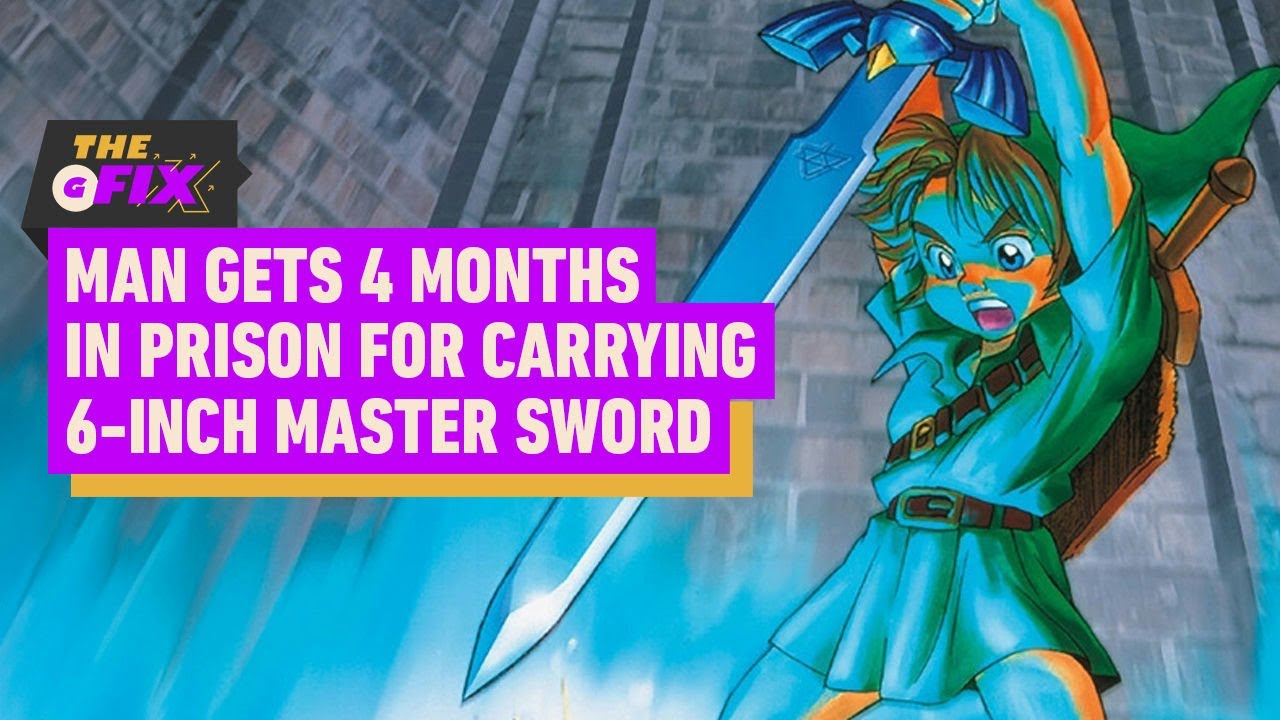In recent gaming news, a UK man’s innocent fascination with a 6-inch Master Sword from The Legend of Zelda series led to unexpected consequences. Anthony Bray found himself in a four-month prison sentence for openly carrying a replica of the iconic weapon in a public setting. Despite claiming it to be a fidget toy, the sharp-pointed nature of the Master Sword deemed it a potential weapon by law enforcement. This incident sheds light on the strict regulations regarding bladed articles in public spaces, urging individuals to exhibit greater self-awareness regarding their actions.
On a different note, “Nexon’s” looter shooter, the First Descendant, faced criticism for its aggressive approach to microtransactions. While the game garnered significant attention on Steam, players expressed discontent over the monetization strategy employed by the developers. Issues concerning delayed rewards and the necessity to purchase virtual currency bundles stirred up debates within the gaming community. The controversy surrounding the First Descendant highlights the delicate balance between game developers seeking profits and players’ expectations of fair gameplay experiences.
Furthermore, the Dead Rising Deluxe remaster offers a refreshing take on the original game, providing players with the option to switch back to the original character design if desired. This move demonstrates the developers’ attentiveness to player preferences and the significance of maintaining a connection to the game’s roots while enhancing its visual and technical aspects for a modern audience.
As the gaming industry continues to evolve, striking a balance between innovative game designs and player-friendly monetization approaches remains a challenge for developers. The case of the UK man with the Master Sword and the controversies surrounding the First Descendant serve as reminders of the intricate dynamics at play in the gaming world, emphasizing the importance of ethical game development practices and consumer satisfaction.












